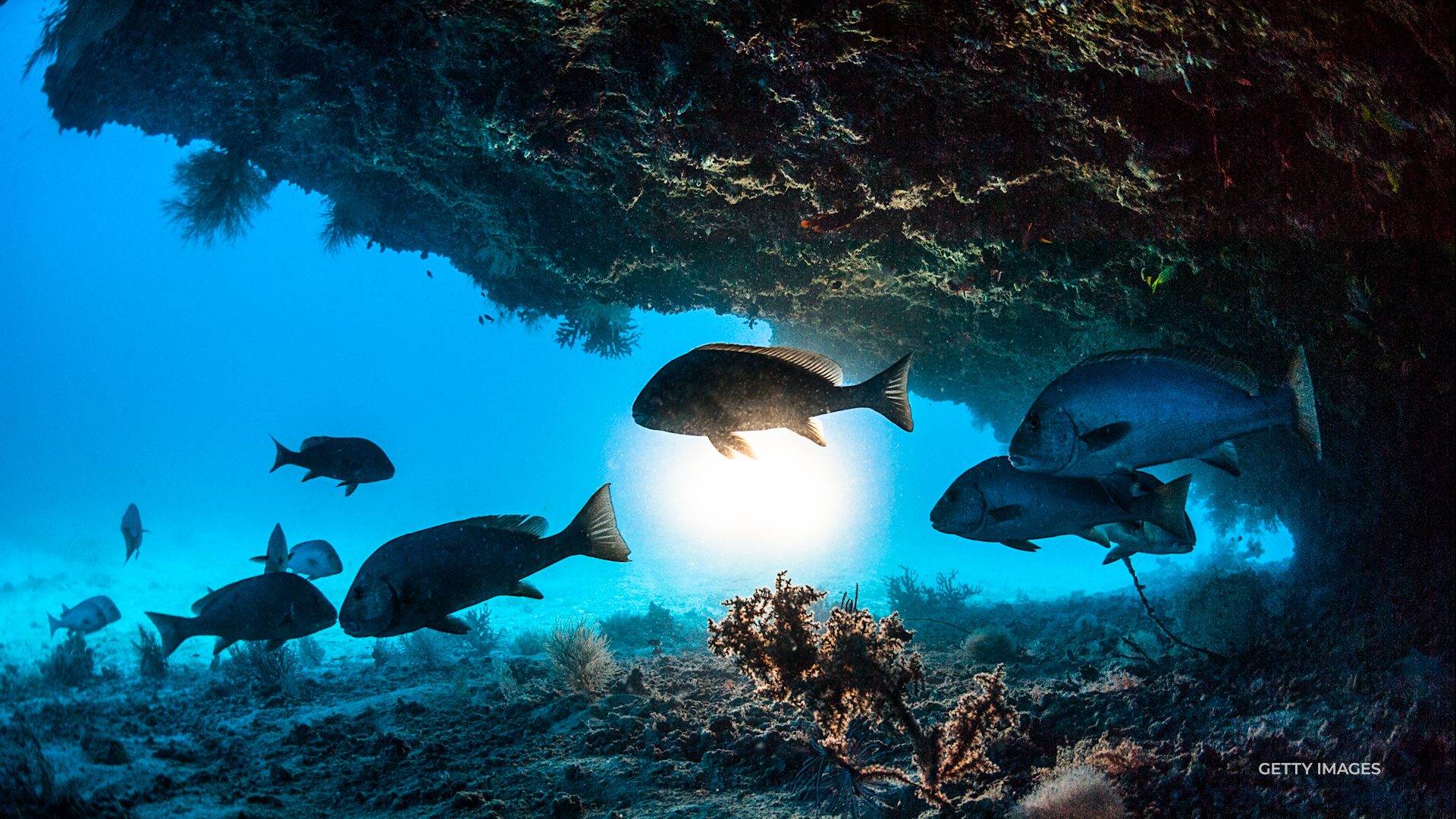
THERE WERE CELEBRATIONS AT THE UN AFTER MORE THAN 190 COUNTRIES REACHED A LANDMARK DEAL TO PROTECT MARINE LIFE ACROSS INTERNATIONAL WATERS
THE UN HIGH SEAS TREATY IS A LEGALLY BINDING AGREEMENT THAT WILL DESIGNATE 30% OF THE WORLD’S OCEANS AS PROTECTED AREAS BY 2030
CURRENTLY ONLY ABOUT 1% OF THE WORLD’S INTERNATIONAL WATERS ARE PROTECTED AND SOME SCIENTISTS CONTEND MARINE LIFE OUTSIDE THESE AREAS ARE THREATENED BY THINGS LIKE CLIMATE CHANGE & OVERFISHING
ACCORDING TO A RECENT ASSESSMENT BY THE IUCN – NEARLY 10% OF GLOBAL MARINE SPECIES WERE AT RISK OF EXTINCTION FOR REASONS RANGING FROM UNSUSTAINABLE FISHING.. TO POLLUTION .. AND DISEASE
WITH THIS NEW UN PLAN – FISHING AND SHIPPING LANES WILL BE LIMITED.
-ACTIVITIES LIKE DEEP SEA MINING WILL ALSO HAVE NEW RESTRICTIONS
*MEANWHILE MORE FUNDING WILL BE PROVIDED FOR MARINE CONSERVATION EFFORTS AND COUNTRIES WILL BE OBLIGED TO CARRY OUT ENVIRONMENTAL IMPACT ASSESSMENTS OF THEIR PROPOSED ACTIVITIES WITHIN PROTECTED WATERS
THIS UN AGREEMENT WAS 20 YEARS IN THE MAKING BUT STILL NEEDS TO BE FORMALLY ADOPTED – AND IT’S YET TO BE SEEN HOW WELL COUNTRIES COOPERATE IN MEETING THE NEW GOALS AND DEMANDS






